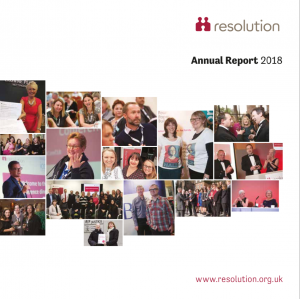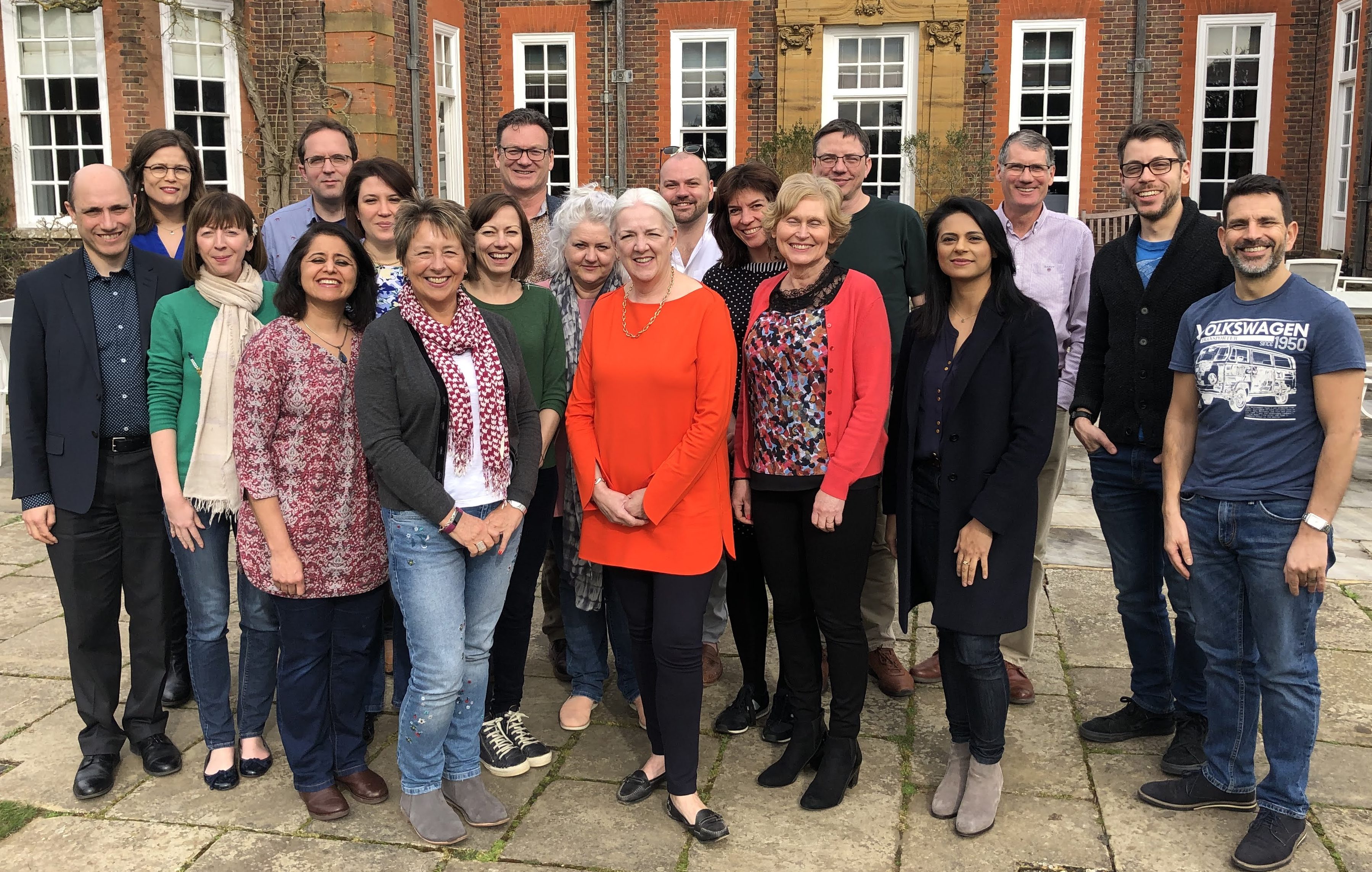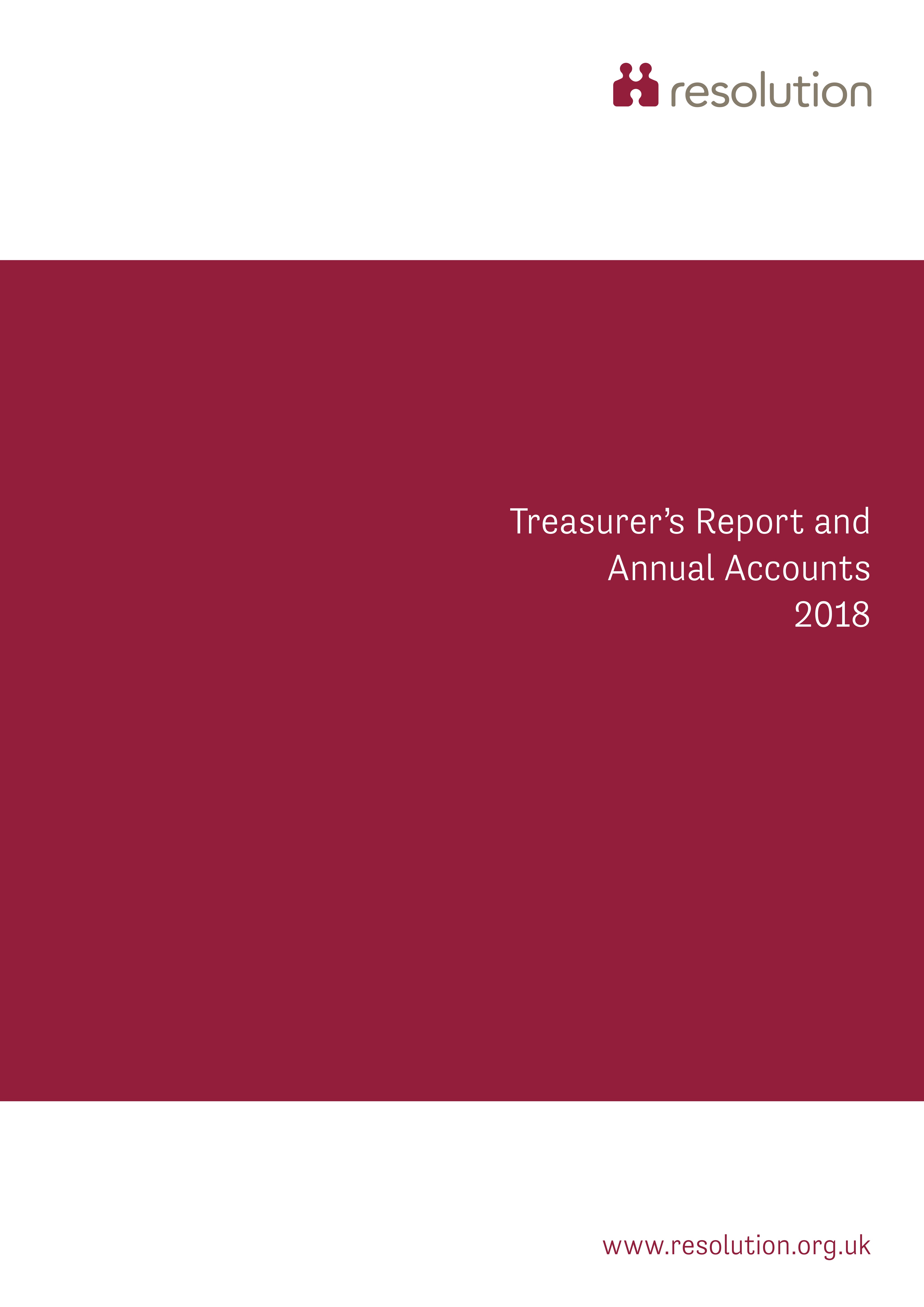Resolution’s governance
Resolution is run by members, for members. Our governance structure ensures members at the centre of key strategy and planning decisions.
Our Articles of Association
Our Articles of Association set out what we exist for and what we are committed to achieving, reflecting our principles and our current and future aims. The Articles also set out how Resolution will interpret those principles and aims in operation and how we will ensure the proper running of the organisation.
The Articles of Association give a National Committee (NC) the ability to exercise all the powers of the company, and provide NC with responsibilities broadly split between those required by law and those related to the good governance of Resolution as a membership organisation for family justice professionals.
The Articles allow NC to delegate powers to individual directors and committees or working parties as considered appropriate.
NC delegates much of the actual delivery of the organisational strategy and plans to the staff team and our committees.
National Committee
 National Committee members are elected by the membership.
National Committee members are elected by the membership.
NC is Resolution’s board of directors. The primary responsibilities of a board of directors are:
- Determining the company’s strategic objectives and policies
- Monitoring progress towards achieving the objectives and policies
- Appointing senior management
- Accounting for the company’s activities to relevant parties (in Resolution’s case, Members and Associates)
NC works with the staff team to define and refine our strategy and objectives. NC also monitors overall progress towards achieving our objectives and delivering our plans.
Resolution’s annual planning cycle runs from January to December each year. NC, other committees, regional committees and the staff team are all involved in the planning for the next financial year and the strategy for the three years ahead.
Membership of NC is open to all Members (not Associates) of Resolution. Officers (Chair, Vice Chair, Treasurer and Secretary) are appointed from within NC. There can be up to 21 members of NC. Elections, open to all members, are held each year and elected representatives serve a term of three years.
NC delegates some areas of work to the Executive Committee, made up of the four Officers and an NC representative. Their work includes making day-to-day decisions in relation to HR issues or about activities that have already been signed-off by NC.
Our committees
NC delegates the work of the organisation and of specific projects to committees; sub-committees and working parties; other groups and ad hoc committees; regional committees; and the Regional Liaison Committee (RLC).
Each committee has a different role within the organisation and all committees should have a defined set of aims and objectives. In general, it’s likely that committees will fall into the following types (although some committees may take on other roles or not fall easily within these categories):
- Specialist Committees: subject specific with expertise in a particular area of family practise.
- Delivery Committees: focussed on the delivery of specific areas of work or services for members.
- Liaison Committees: bringing groups of particular members together to ensure their interests and needs are met.
All committees develop their own Terms of Reference, which sets out their aims and objectives, reporting processes, activities and the administration of their activities. All Terms of Reference are signed off by NC and available to all members. There should be at least one NC representative on each committee.


